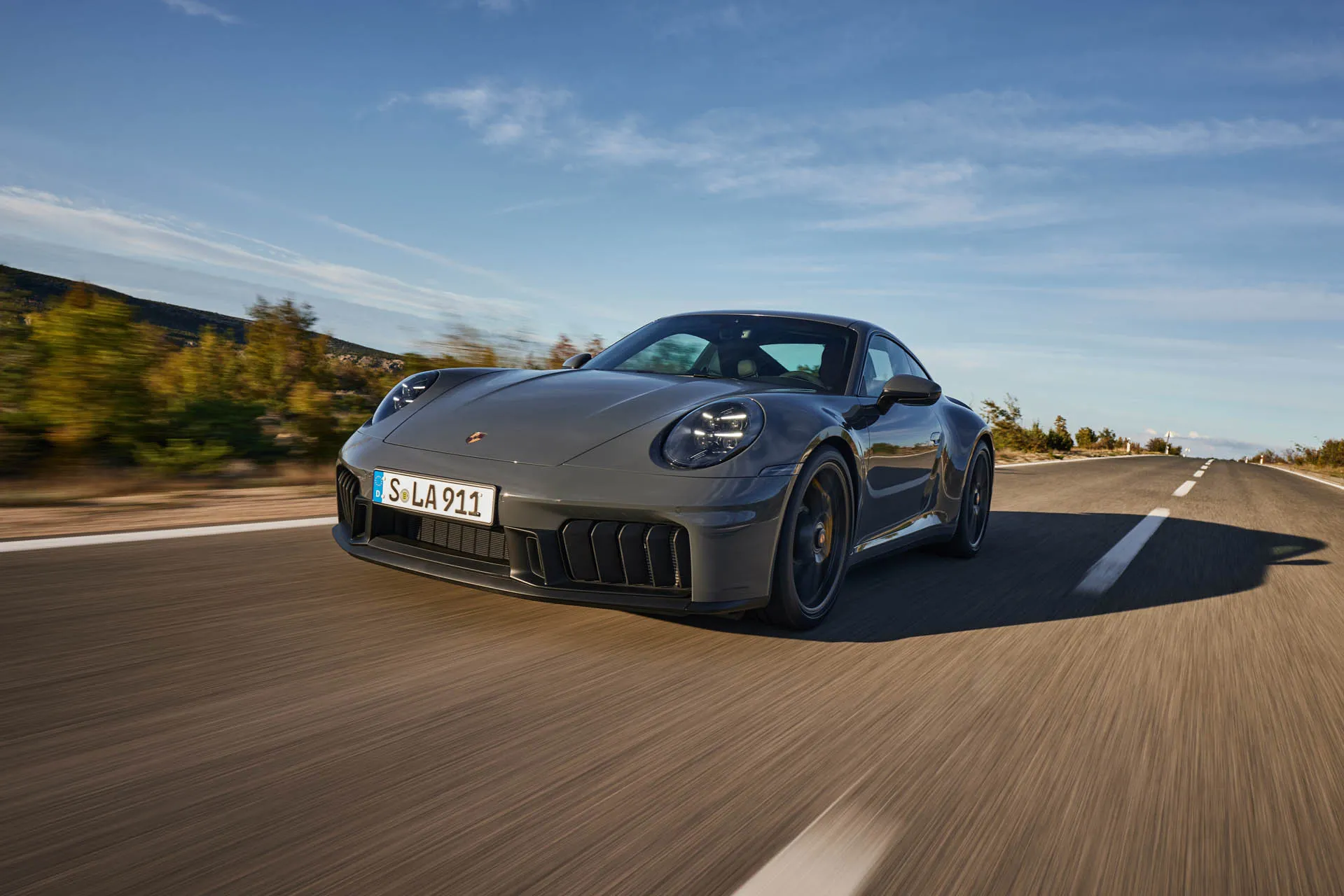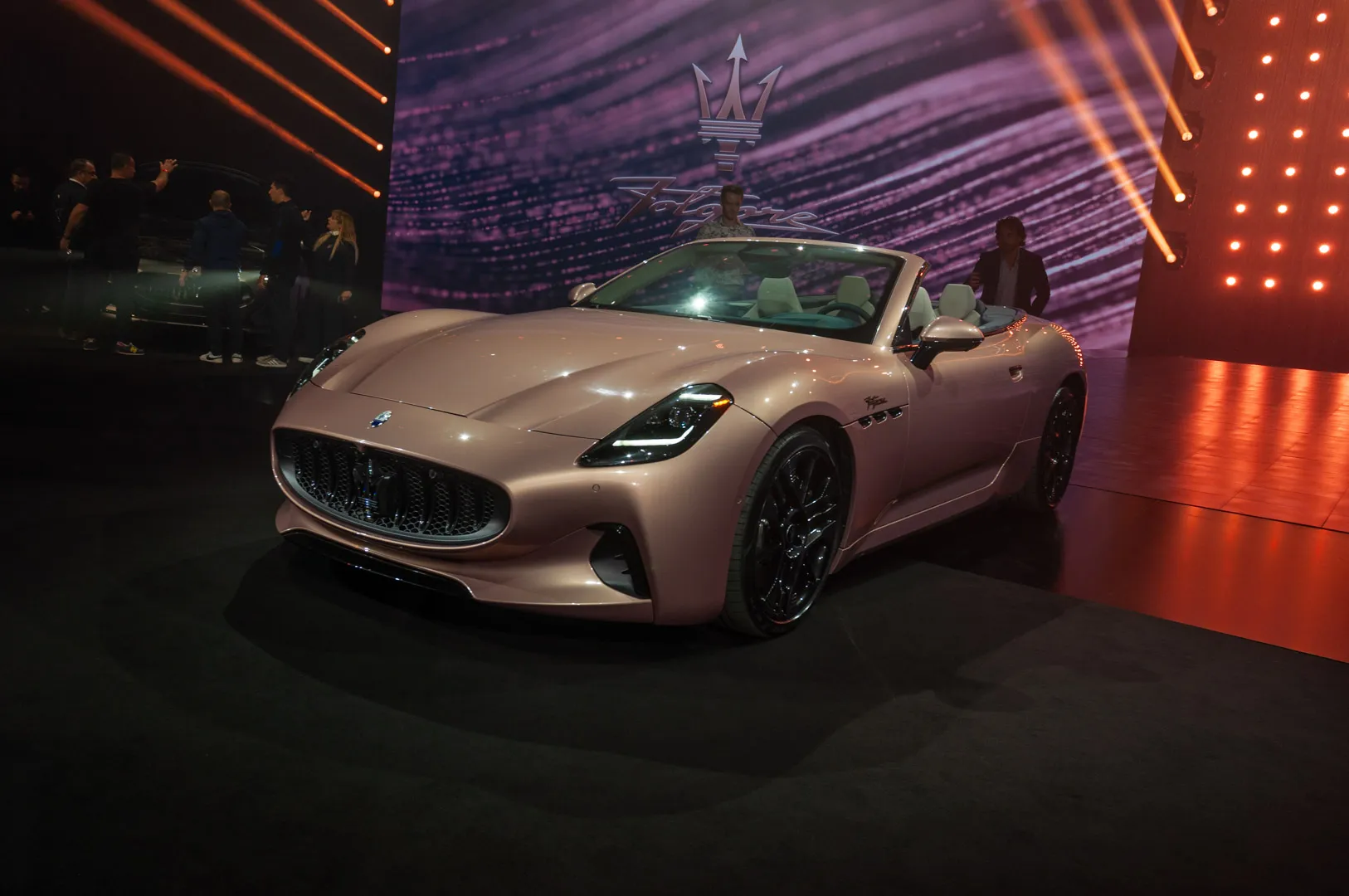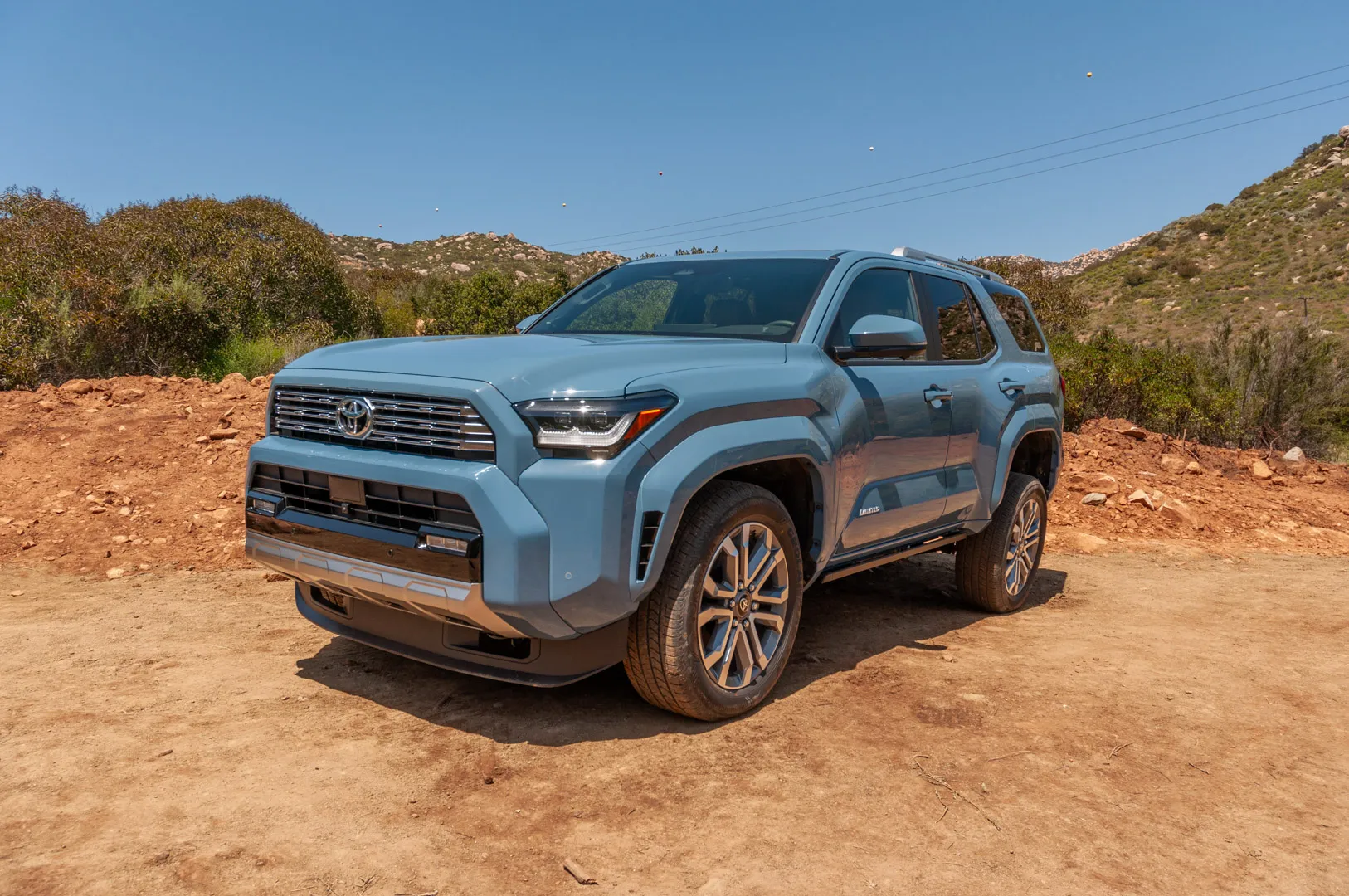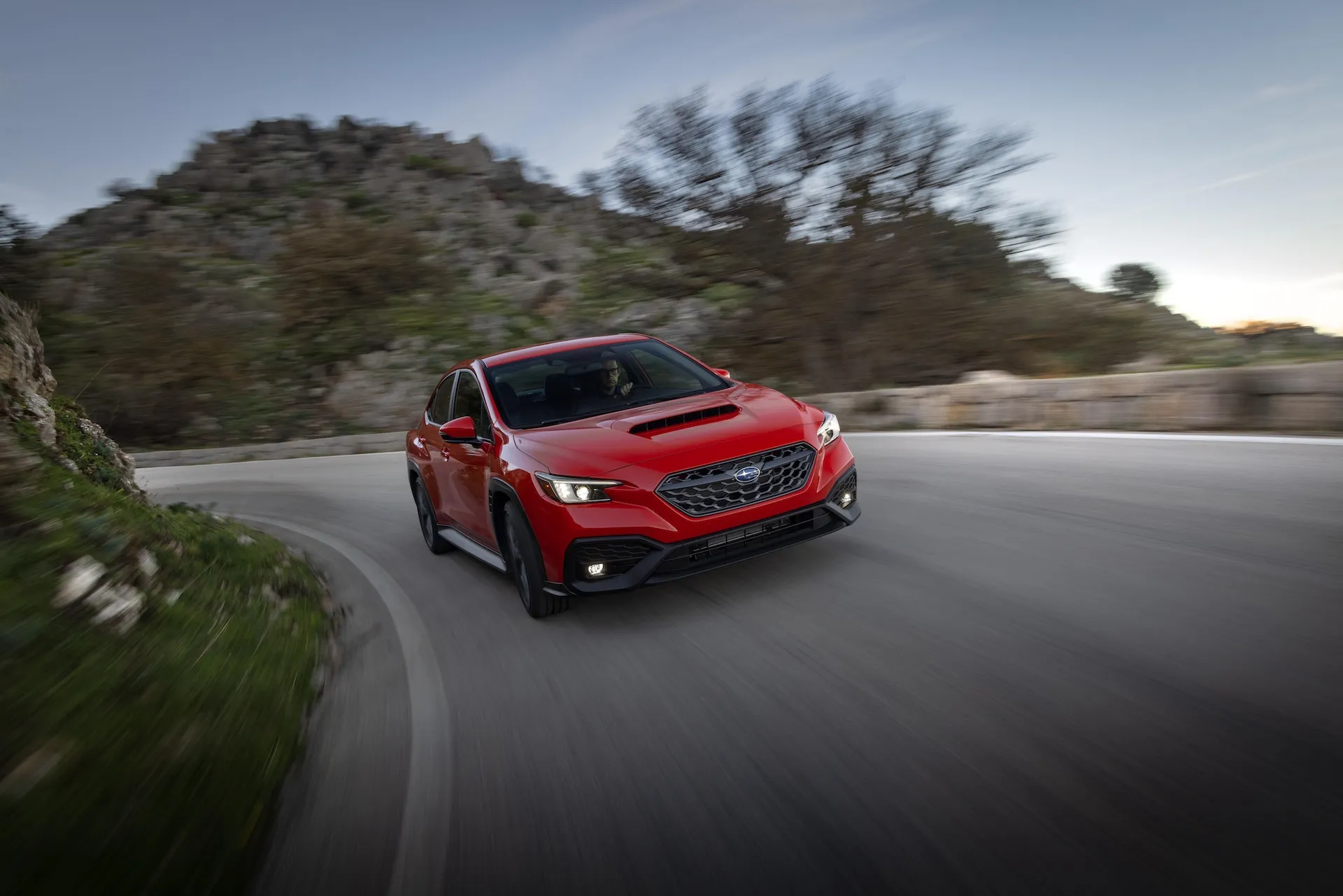How car companies become lifestyle providers

There is no denying that successful automotive brands such as Mercedes-Benz, Lexus, BMW and Porsche have built their reputations on product quality and innovation. For example, Mercedes is known for advanced technology and luxury, Lexus for reliability, and BMW and Porsche for performance.

Thanks to their consistent positioning and world-class execution, these brands have become industry giants with millions of admirers around the world. However, the luxury market is a highly competitive one and leading brands must constantly evolve as consumer behavior changes. Accordingly, many experts believe that car manufacturers today must move from being “mobility providers” to “lifestyle providers” as this will enable them to build a more intense relationship with their customers.

In addition, lifestyle marketing complements the rise of experiential luxury, a trend that no high-end brand can ignore. According to a study commissioned by Lexus on the topic of “The future of luxury” 56 percent of respondents viewed luxury as a lifestyle full of experiences rather than a collection of objects, and 86 percent expected luxury brands to offer great experiences to their customers. “Looking ahead, successful luxury brands will differentiate themselves through high-quality experiences and services, not just high-quality products,” the Japanese company concluded.

Lexus has, of course, taken numerous initiatives to capture a share of the experience economy. One example is the Lexus Performance Driving School, which invites enthusiasts to drive the company’s high-performance vehicles at popular race tracks such as the Circuit of the Americas and the Indianapolis Motor Speedway. The Intersect by Lexus retail concept, with its culinary and social offerings, is aimed at those who want to experience the brand in a less car-centric environment.
“We often talk about being a lifestyle brand and not a car brand,” said Mark Templin, former vice president of Lexus International, in an interview with Legacy Lab“At Lexus, we don’t just want to be part of our customers’ lives for the 10 minutes or hour they drive each day. We want to be part of their lives 24 hours a day. So how can we help them 24/7?”
It should not be forgotten that Lexus’ contemporaries, especially the European ones, offer their fans comparable, if not more attractive, events and programs. They have also done an excellent job of marketing their lifestyle products.

In fact, we all know how Ferrari has expanded its brand through clothing, accessories and collectibles. In 2021, the company even introduced its first own fashion collection under the leadership of former Armani designer Rocco Iannone. “Ferrari is a luxury company at its core and the most distinctive and innovative luxury brand, and we see enormous opportunities in the evolution of its lifestyle,” said John Elkannthe CEO of the company.

Ferrari’s rivals, including Aston Martin, Lamborghini, Porsche and Bentley, also have their own lifestyle projects, ranging from clothing and furniture to real estate. Lamborghini launched its first shoe collection with leather goods maker TOD’s earlier this year, while Aston Martin just celebrated the completion of its 66-story skyscraper in Miami.
And as if that wasn’t enough, newcomers to the auto industry are also looking to create lifestyle products to add value. NIO, a Chinese start-up that competes with Tesla, has collaborated with over 600 designers on everyday objects and has received numerous awards for it. Highlights include the company’s sustainable clothing line (Blue Sky Lab), which uses materials recycled from waste from NIO’s vehicle production.

“We believe that building up NIO Life’s capabilities should not be seen as a conflict with our core automotive business,” said Lihong Qin, co-founder of NIO, McKinsey & Co“Today, NIO Life’s penetration rate is over 50 percent among NIO users and will continue to rise as capacity is created in several areas. As vehicle deliveries expand, the investment here does not put additional pressure on us, but becomes a new source of value creation.”
Admittedly, NIO has not yet achieved financial stability (it lost $2.9 billion in 2023), so it’s too early to say whether its plan would work. Car manufacturing requires a lot of focus, and even the incumbents have not always been successful with their brand extensions. Ferrari had to cut its licensing deals in half because some of them threatened to undermine the company’s brand image, and Lexus has already closed its Intersect stores in New York and Dubai. However, their initiatives such as driving programs and motorsports merchandise have been effective in increasing consumer engagement and creating a sense of community around the brand.

Ultimately, technological advances, globalization and readily available technical know-how have made cars easier to manufacture and left little room for differentiation. So automakers aren’t necessarily going in the wrong direction by expanding lifestyle branding, as it could provide them with much-needed means to maintain their brand identity and even foster long-term customer loyalty.
However, they should be aware of their limitations in being car manufacturers first and lifestyle brands second – especially in an environment of saturated lifestyle brands, which could exacerbate the problem of a highly homogenized car market. An overemphasis on lifestyle extension could potentially distract from the urgent need to establish their own unique selling points.
Further current information on the subject of automobiles can be found at Click here.




